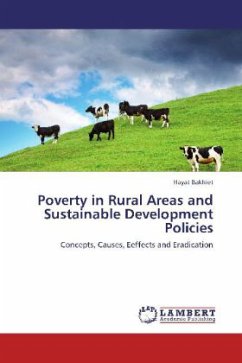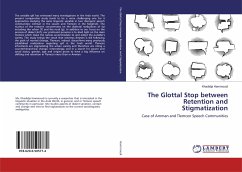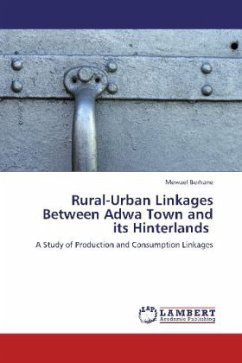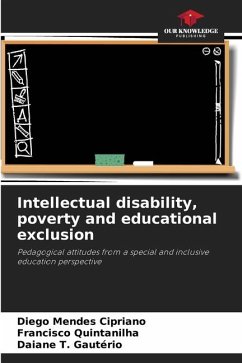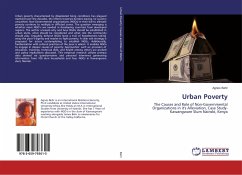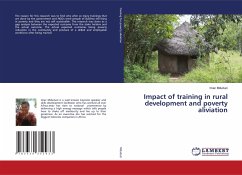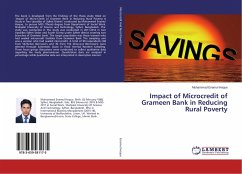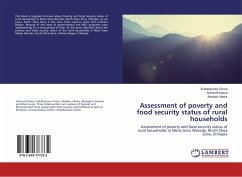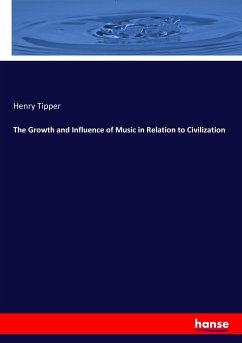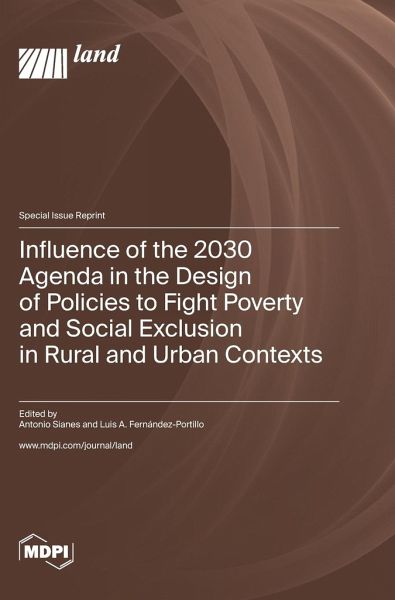
Influence of the 2030 Agenda in the Design of Policies to Fight Poverty and Social Exclusion in Rural and Urban Contexts
Versandkostenfrei!
Versandfertig in 1-2 Wochen
80,99 €
inkl. MwSt.

PAYBACK Punkte
40 °P sammeln!
This Special Issue focuses on the articulation of the 2030 Agenda at the domestic level, with policies addressing social exclusion in rural and urban contexts, both in countries from the Global North and the Global South. In such contexts, a complex multiactor governance mechanism is required to guarantee the participation of all relevant stakeholders in the policy cycle. This democratic governance is especially relevant to effectively address the problems faced by the most vulnerable people and groups in rural and urban areas, to guarantee that no one is left behind. Many elements defining th...
This Special Issue focuses on the articulation of the 2030 Agenda at the domestic level, with policies addressing social exclusion in rural and urban contexts, both in countries from the Global North and the Global South. In such contexts, a complex multiactor governance mechanism is required to guarantee the participation of all relevant stakeholders in the policy cycle. This democratic governance is especially relevant to effectively address the problems faced by the most vulnerable people and groups in rural and urban areas, to guarantee that no one is left behind. Many elements defining the situation of vulnerability and deprivation that people face occur in relation to and caused by the characteristics of the place where they live, be it a city or a rural area. Rural and urban vulnerabilities should not be studied as two separate realities, not only because they share common features, but also because those most deprived in cities are likely to have migrated from the rural milieu in search of a better life. Thus, they can be regarded as two stages in time and space of a continuum of underdevelopment. This Special Issue gathered the works of scholars that explore how the 2030 Agenda is influencing the design of domestic policies with a multilevel (transnational and domestic) approach, methodological models for studying the articulation of global policies such as the 2030 Agenda in the design of national and local policies, or potentially replicable diffusion and transference models for the implementation of the 2030 Agenda.



